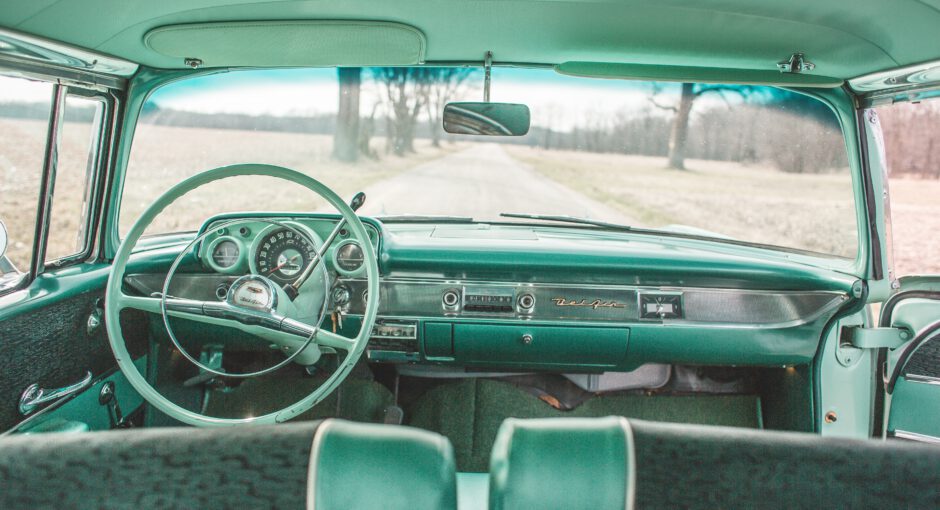The world of classic cars is truly fascinating. These historical gems, laden with character and charm, echo a bygone era, while telling the story of automotive evolution. Frequently, individuals intrigued by classic cars have a number of significant questions about these vehicles. Here, we seek to delve into some of the most popular questions about classic cars.
What qualifies a car as a classic?
Generally, a car is defined as a classic if it is over 20 years old. However, the exact age may vary depending on who you ask. While the Antique Automobile Club of America considers cars that are at least 25 years old to be classics, the Classic Car Club of America only views cars manufactured between 1915 and 1948 as true classics. Although the definition might differ, the age of the car is most crucial to its classic status.
Why are classic cars popular?
Classic cars are popular for myriad reasons. For some, they represent nostalgia and a longing for simpler times. For others, they symbolize the epitome of craftsmanship, exhibiting unique features and details rarely found on modern vehicles. Additionally, some individuals see classic cars as investments that can appreciate over time.
Are classic cars a good investment?
While buying a classic car can be a good investment, it’s important to remember that not all classic cars will appreciate in value. Several factors can influence a classic car’s worth such as rarity, condition, history, and overall desirability amongst collectors. Some classic cars can indeed offer a high return on investment, but it requires research, knowledge, and sometimes, a bit of luck. It is advisable to buy a classic car primarily for the enjoyment it brings, rather than the potential for financial gain.
How should I store my classic car?
Proper storage is crucial to maintaining the condition of a classic car. The best way to store these vehicles is in a clean, dry, and climate-controlled environment, protected from extreme weather conditions. It is also recommended to use a protective cover, periodically start the car, and move it a little to prevent the tires from developing flat spots.
How much does it cost to restore a classic car?
Restoring a classic car can be an expensive endeavor. The total cost can range from several thousand dollars to well over $100,000, depending on the car’s initial condition, the extent of restoration required, and the cost of parts and labour. However, restoration can also substantially increase the value of the car, and the finished product often brings immeasurable joy and satisfaction to the enthusiast.
Where can I buy a classic car?
Classic cars can be bought from a variety of sources including dedicated dealerships, private sellers, car shows, and online platforms such as Hemmings, eBay, and ClassicCars.com. Auctions are also popular venues for purchasing classic cars. It’s important to thoroughly research and inspect the car before making a purchase.
Can classic cars be used for daily driving?
While it’s technically possible to use classic cars as daily drivers, it’s generally not recommended. Classic cars require a lot of maintenance and aren’t as reliable or fuel-efficient as modern cars. They also lack modern safety features and are more vulnerable to wear and tear from daily use.
Classic cars are about passion, heritage, and the celebration of automotive history. Whether you are a seasoned collector or a novice enthusiast, understanding the nuances of classic cars can help you navigate this captivating world and make the most of your classic car journey.






